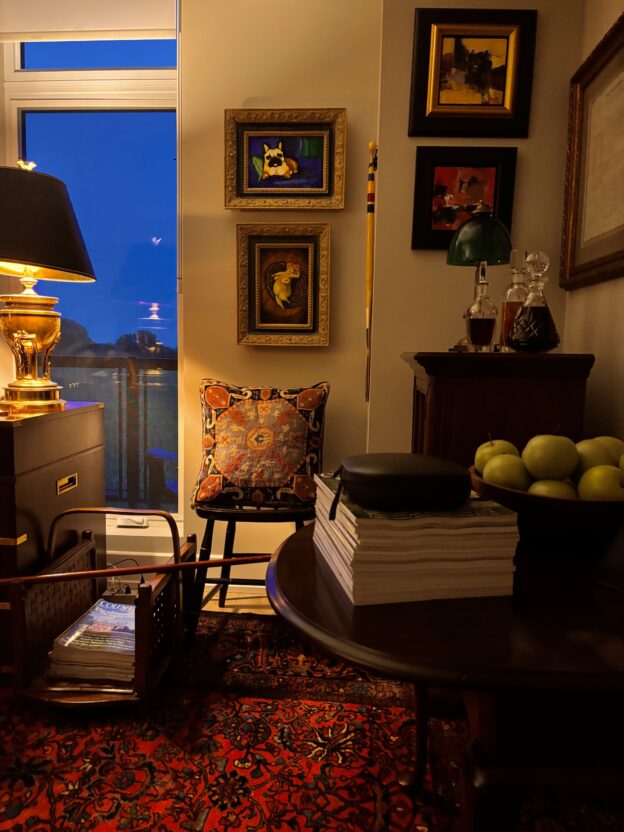My parents were always expected by me to be in waiting – waiting to discover what if anything they would learn from their children, what if anything they might do to accommodate their children, whether there were any immediate needs to address or tribulation to overcome. Theirs was a subservient character, fulfilling what by nature seemed an appropriate mandate. The arrival of grandchildren prolonged a similar complexion. The ordinance was though underwritten by an associated theme for the children and grandchildren to achieve a level of activity which merited the devotion of my parents. The approbation of my parents was not a flimsy or negligible feature.
For most of my critical adolescent period I did however spare my parents the vulgarity of my awakening to society and all that that entails. From the age of 14 I was on the outskirts of Toronto 6,000 Kms from where they were in Stockholm, Sweden. I never returned home to live. This does no diminish the importance of my parents to me. Any success of mine was meaningless until it had the nod of approval from my parents; otherwise the accomplishment was merely fulfillment of what one may be suited to do (not unlike any other achievement). I have never fashioned alignment of any nature other than as completion of a puzzle. There is a right and wrong way of doing things. To discover the strategy for reaching an objective is not so much a personal favour as an obvious one. But completing the effort by briefing my parents of the details was the more desirable outcome.
I never told my parents what I here share with you, dear Reader. My suspicion is that few if any children bother to share a similar experience with their parents – not because children are especially reluctant to do so but because most children (if they were like I) were oblivious of the deep-seated inclination to share their story with their parents. That is, until too late in life, after the parents are gone. It was only recently that I confessed that my mother was my best friend. She and I always enjoyed getting into trouble together – whether antiquing, shopping at Holt Renfrew, inspecting newly acquired paintings, gabbing about social outings or going for a ride in my car.
Though I hadn’t anything approaching manly or boyish behaviour with my father, we early established in life (we – just the two of us – drove to the Arctic Circle together when I was 15 and subsequently with a driver to northern Finland) that our innate stubbornness was inalterable and inalienable. Apparently it requires very little separation of the child from the parent to preserve the early independence of the two. This does not of course contaminate the filial relationship; it merely distinguishes it.
In the result I am of the opinion that I owe a great deal to my parents. They have insinuated my personality and my strengths (and weaknesses) in every way possible. I cannot look at a photograph of myself without thinking of my father. Often I catch a tone of my voice or the spirit of yarn which imitates him. My mother’s influence is more visceral – she was after all a celebrated cook. There isn’t anything I now cherish – whether it be jewelry, crystal, time piece or furnishings – which doesn’t reflect in my mind the bountiful influence of my mother.
